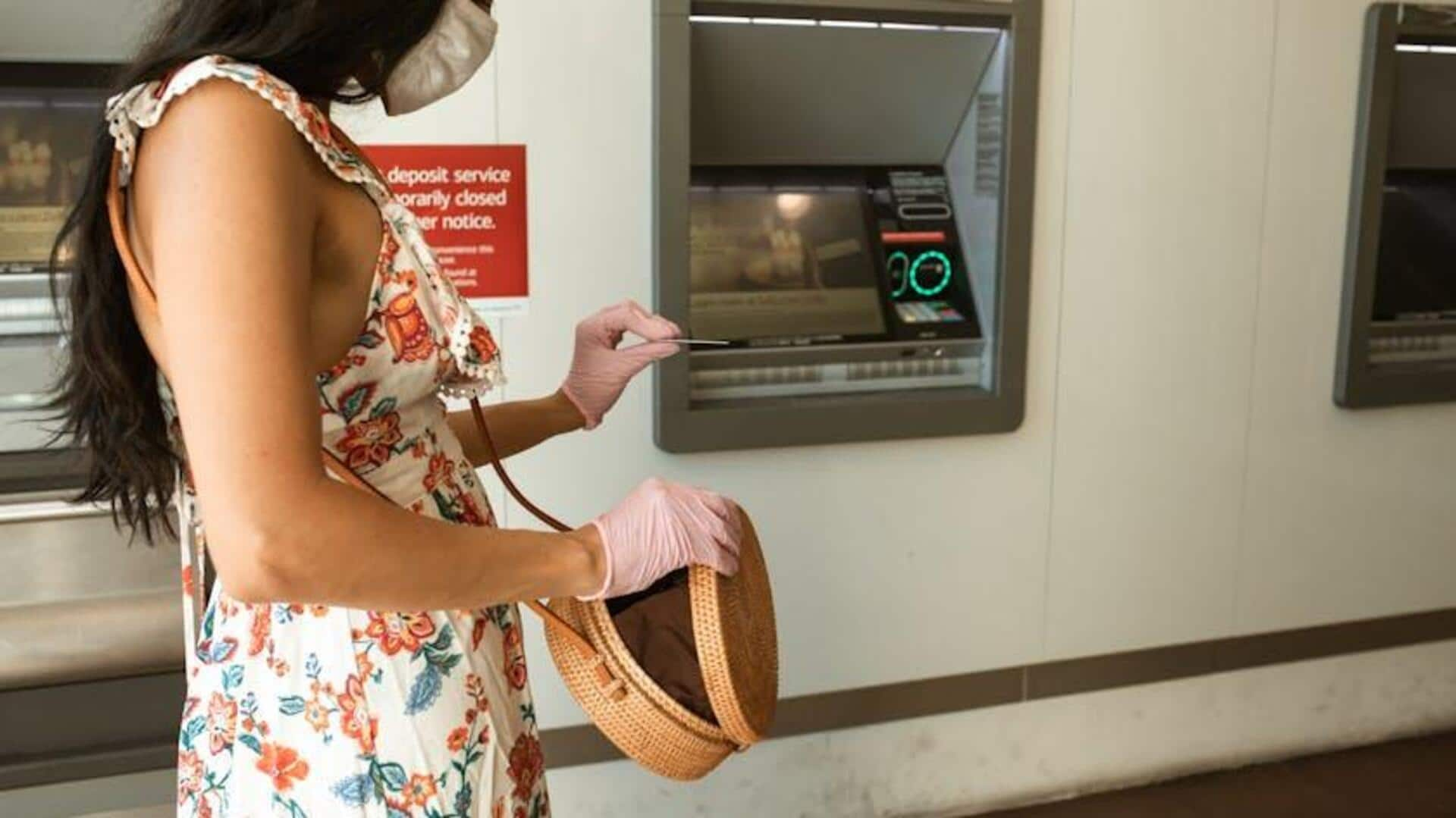
Shedding light onto digital privacy strategies for financial safety
What's the story
In the modern digital landscape, safeguarding your financial assets in India has become more crucial than ever. With the rise of online transactions and digital banking comes an increased vulnerability to cyber threats. This article serves as a comprehensive guide to establishing robust digital privacy strategies. These strategies will protect your financial assets from potential cyber risks, providing peace of mind in the digital world.
Tip 1
Use strong and unique passwords
One of the easiest and most important ways to secure your online financial accounts is by setting strong and unique passwords. A mix of letters, numbers, and special characters makes a password strong. Don't use easily guessable info like birthdays or names. Change your passwords often for extra security, and never use the same password for multiple accounts.
Tip 2
Enable two-factor authentication
Two-factor authentication (2FA) significantly enhances the security of your online financial accounts. With 2FA enabled, you're required to provide two forms of identification before accessing your account - something you know (like a password) and something you have (like a one-time code sent to your phone). This makes it much harder for someone to access your account even if they somehow manage to get your password.
Tip 3
Monitor your accounts regularly
By regularly checking your bank statements and transaction history, you can immediately identify any fraudulent transactions. Most banks provide SMS or email alerts for transactions exceeding a specified amount - make sure these notifications are enabled. In case you spot any unfamiliar transactions, promptly report the issue to your bank.
Tip 4
Be wary of phishing scams
Phishing scams are getting trickier by the day, with criminals often pretending to be your bank or another financial institution. If you receive an email or message that asks for your personal info or wants you to log in through a link, make sure to double-check if it's real. And keep in mind, your bank will never ask for your password or PIN through an email or a text message.
Tip 5
Secure your home network
Your home Wi-Fi network is like the digital front door for cybercriminals trying to get to your personal info. To fight back, lock that Wi-Fi tight with a strong password and use a Virtual Private Network (VPN) for financial stuff online. A VPN scrambles the info leaving your device, so hackers have a tough time snagging your sensitive data.